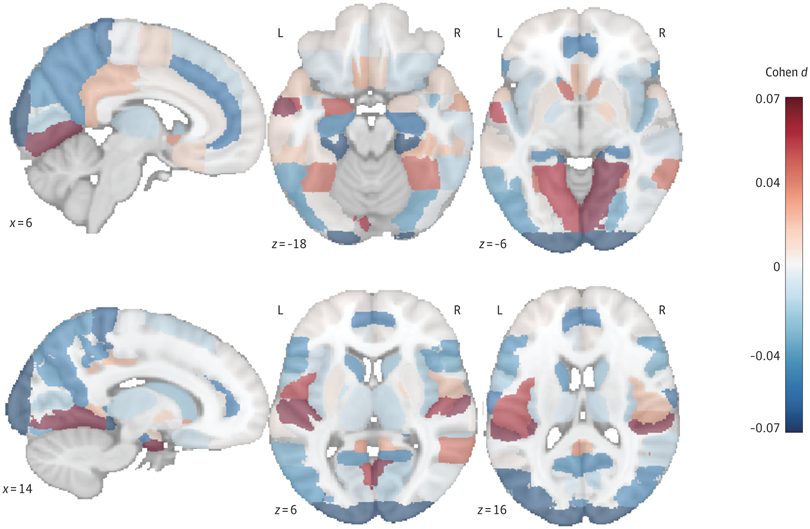It might not come as a huge surprise for those of us attuned to the soft endorphin build of a long bike ride that cycling is good for our brains, but a new study has found that sustained aerobic exercise, like cycling, might also reduce our risk of dementia, too.
Researchers from the Huazhong University of Science and Technology in China and the University of Sydney collected data of nearly 480,000 people from the UK Biobank, all around the age of 57. In a bid to understand the link between brain health and common forms of travel, they asked them which mode of transport they usually used: car/motor vehicle; walking; public transport, or cycling.
The team found that people who regularly cycled (not including commuting to work) had a lower risk of developing dementia than those who walked, drove, or used public transport: they were 19% less likely to develop all-cause dementia, and 22% less likely to develop Alzheimer’s disease.
“This likely stems from cycling’s higher aerobic intensity and cognitive engagement [e.g. navigation, coordination], which may enhance neuroplasticity more than walking alone,” Liangkai Chen, associate professor at Huazhong University of Science and Technology and lead author of the study told Medical News Today.
Hou et al., JAMA Network Open, 2025
(Image credit: JAMA Network)
Part of the reason cycling might lower dementia risk could be due to the physical demands the sport puts on the body, coupled with the need to stay alert whilst cycling on the roads, or negotiating off-road trails; likewise, tasks like map-reading and navigation, or simply regular exposure to fresh air, can help maintain brain health.
What Chen and his team discovered tallies with other studies, too. Cycling can cause the hippocampus – the part of the brain responsible for memory formation, learning, and spatial navigation – to grow.
The hippocampus typically reduces in size in late adulthood (mid to late 60s) but a growing body of research is arguing that sustained aerobic exercise can lead to a greater neuroplasticity in the brain, and the increased size of the hippocampus.
The paper, released in June 2025, concludes: “Our findings suggest that promoting active travel strategies, particularly cycling, may be associated with lower dementia risk among middle-aged and older adults, which carries substantial public health benefits by encouraging accessible, sustainable practices for cognitive health preservation.”
According to Alzheimer’s Disease International, the amount of people worldwide living with dementia is projected to rise from 55 million in 2019 to 139 million by 2050. Currently, young-onset dementia affects 3.9 million people across the globe.
